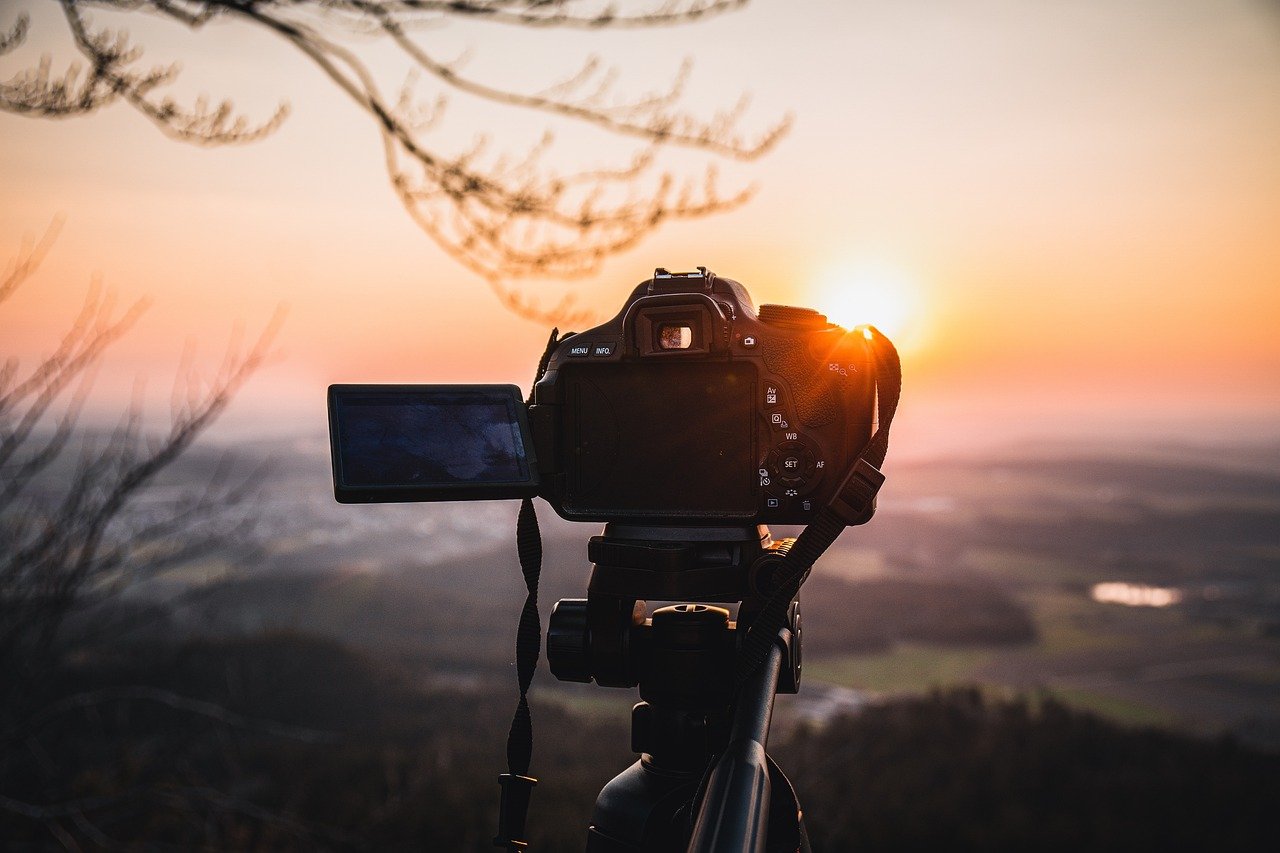Choosing the Right Camera for Your Needs Introduction Choosing the right camera can feel overwhelming…
In-Depth Camera Reviews: Top Models Compared
Introduction
In the ever-evolving world of photography, choosing the right camera can be overwhelming. With a plethora of options available, from DSLRs to mirrorless, compact, action, and even smartphone cameras, finding the perfect fit for your needs requires thorough research. That’s where in-depth camera reviews come into play, providing valuable insights into the top models on the market. This article dives deep into the best cameras across various categories, helping you make an informed decision.
Understanding Camera Types
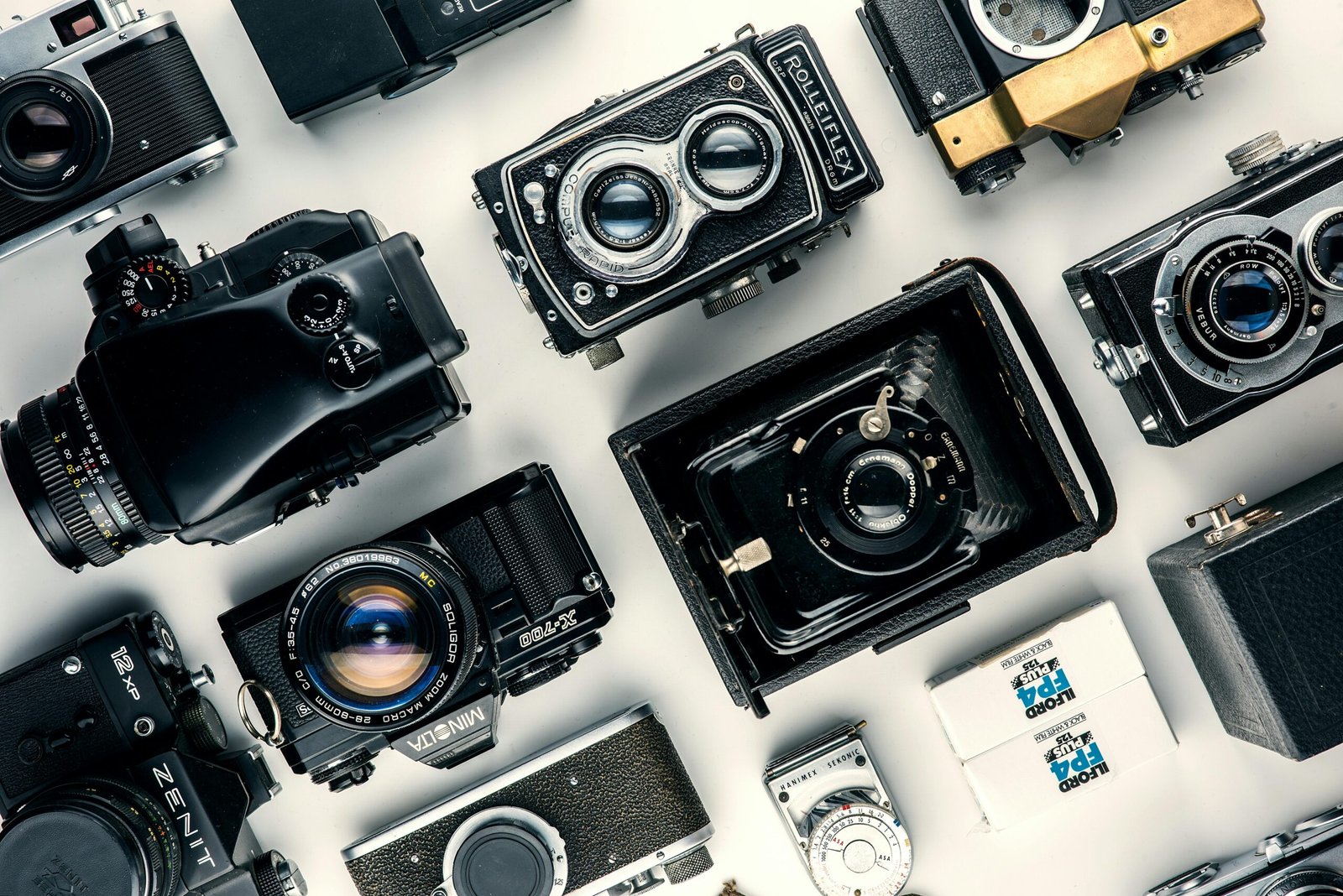
Choosing the right camera begins with understanding the different types available. Each type has its unique advantages and is suited for different photography needs.
DSLR Cameras
Digital Single-Lens Reflex (DSLR) cameras are known for their versatility and robust performance. They have been the go-to choice for professionals for years.
Pros and Cons
Pros:
- Excellent image quality
- Wide range of lenses
- Long battery life
Cons:
- Bulky and heavy
- Can be expensive
Mirrorless Cameras
Mirrorless cameras are the newer technology, offering similar image quality to DSLRs but in a more compact form.
Pros and Cons
Pros:
- Lightweight and compact
- Electronic viewfinder
- Fast autofocus
Cons:
- Shorter battery life
- Limited lens options compared to DSLRs
Compact Cameras
Compact cameras, also known as point-and-shoot cameras, are designed for convenience and portability.
Pros and Cons
Pros:
- Easy to use
- Highly portable
- Affordable
Cons:
- Limited manual controls
- Smaller sensors
Action Cameras
Action cameras are built for adventure, providing ruggedness and durability for extreme conditions.
Pros and Cons
Pros:
- Durable and waterproof
- Compact size
- Versatile mounting options
Cons:
- Limited manual settings
- Smaller sensors
Smartphone Cameras
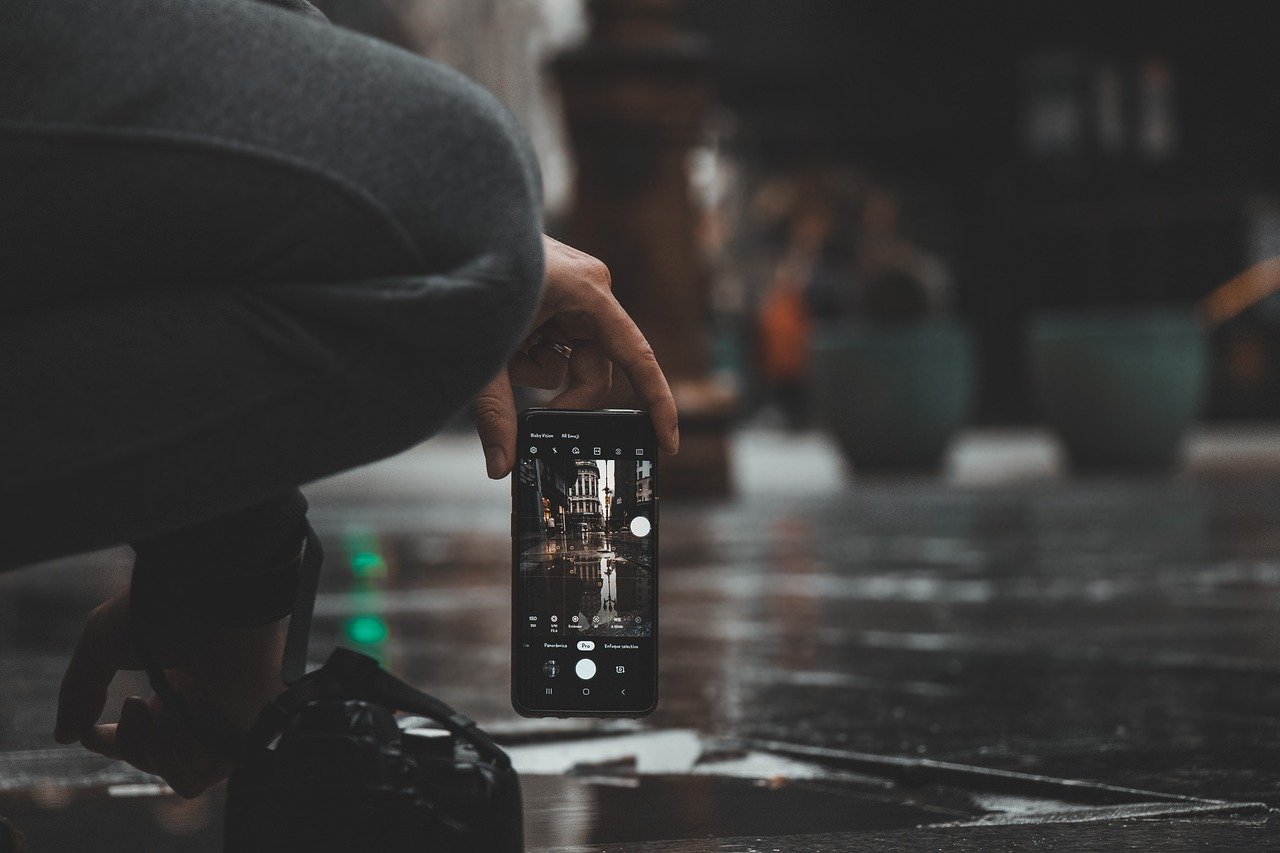
Smartphone cameras have dramatically improved, offering high-quality images and convenience.
Pros and Cons
Pros:
- Always with you
- Easy to use
- Integrated with social media
Cons:
- Limited manual controls
- Smaller sensors
Key Features to Consider
When choosing a camera, several key features should be taken into account to ensure it meets your needs.
Image Quality
The most critical aspect of any camera is its image quality. This is determined by the sensor size, megapixels, and lens quality.
Lens Options
Having a variety of lenses allows for more creative flexibility. DSLRs and mirrorless cameras typically offer the best range.
Portability
Consider how and where you’ll be using your camera. For travel or daily use, a lightweight and compact camera might be preferable.
Battery Life
If you plan on shooting for extended periods, a camera with a longer battery life will be essential.
Price Range
Cameras can range from a few hundred to several thousand dollars. Determine your budget and look for the best option within that range.
Top DSLR Cameras Compared
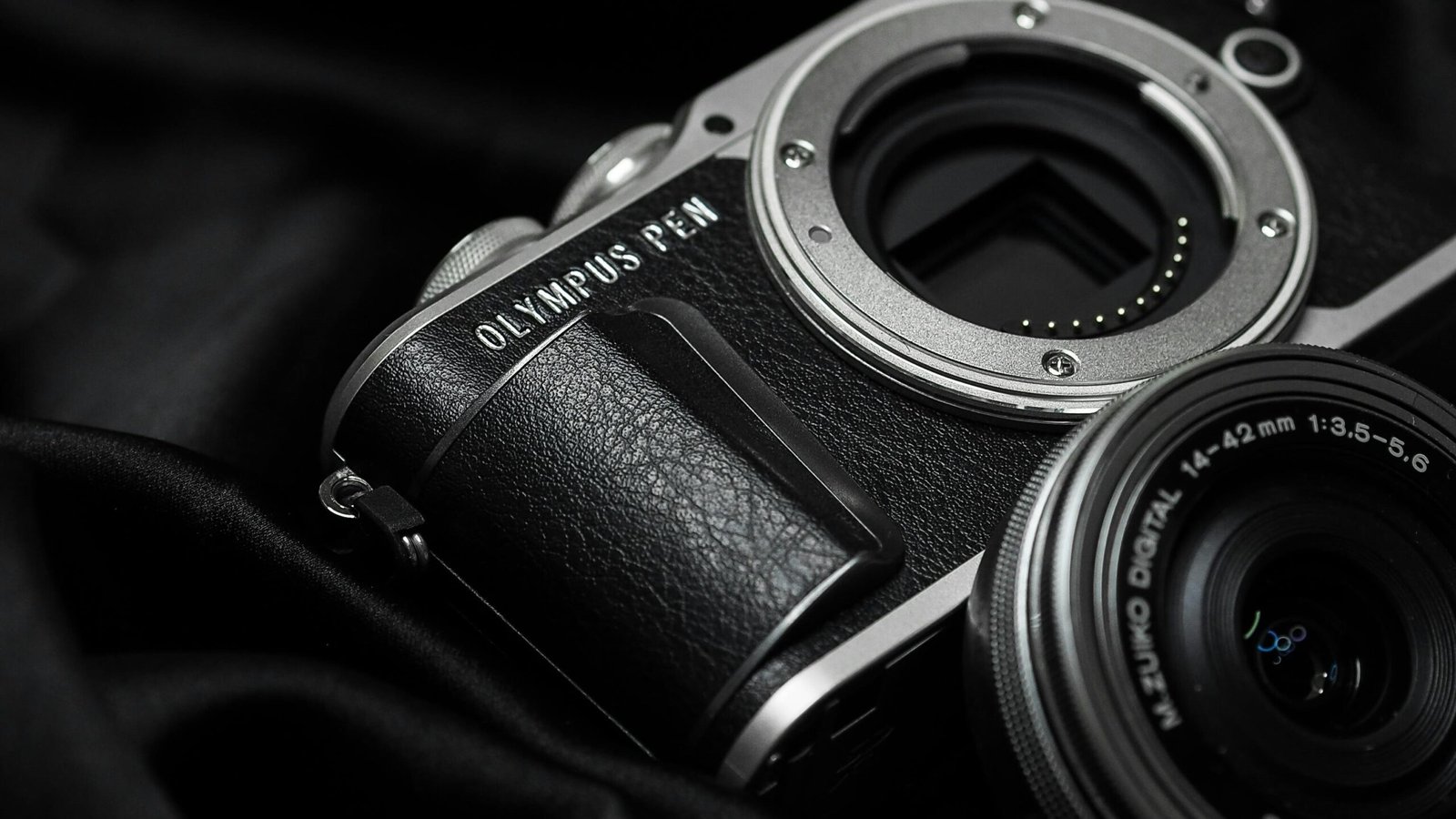
Now, let’s delve into some of the top models in each category, starting with DSLRs.
Canon EOS 5D Mark IV
Features
- 30.4 MP full-frame sensor
- 4K video recording
- Dual Pixel autofocus
Performance
The Canon EOS 5D Mark IV delivers exceptional image quality and versatility, making it a favorite among professionals.
Nikon D850
Features
- 45.7 MP full-frame sensor
- 4K UHD video recording
- 153-point autofocus system
Performance
The Nikon D850 is known for its high resolution and dynamic range, ideal for landscape and studio photography.
Sony A99 II
Features
- 42.4 MP full-frame sensor
- 4K video recording
- Hybrid autofocus system
Performance
The Sony A99 II offers excellent image quality and fast autofocus, suitable for a variety of shooting scenarios.
Top Mirrorless Cameras Compared

Moving on to mirrorless cameras, these models are gaining popularity for their compact size and advanced features.
Sony Alpha a7 III
Features
- 24.2 MP full-frame sensor
- 4K HDR video
- 693-point autofocus
Performance
The Sony Alpha a7 III strikes a balance between performance and price, making it a great choice for enthusiasts and professionals alike.
Fujifilm X-T4
Features
- 26.1 MP APS-C sensor
- 4K DCI video
- In-body stabilization
Performance
The Fujifilm X-T4 is renowned for its color reproduction and video capabilities, perfect for hybrid shooters.
Canon EOS R5
Features
- 45 MP full-frame sensor
- 8K video recording
- Dual Pixel autofocus
Performance
The Canon EOS R5 pushes the boundaries with its high-resolution sensor and advanced video features, catering to professionals.
Top Compact Cameras Compared
Compact cameras offer a balance of portability and performance. Here are the top models in this category.
Sony RX100 VII
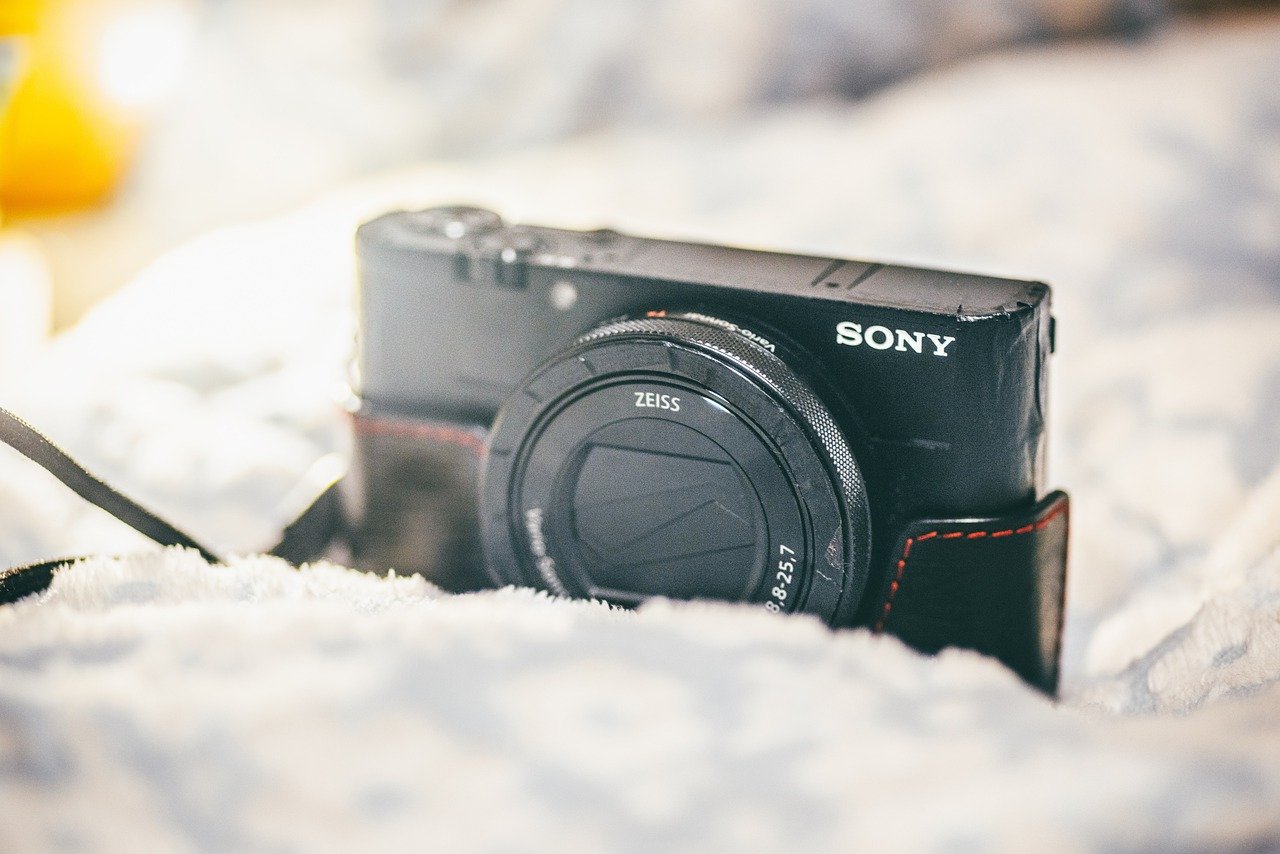
Features
- 20.1 MP 1-inch sensor
- 4K video recording
- Fast hybrid autofocus
Performance
The Sony RX100 VII is a powerhouse in a compact form, offering high-quality images and video in a pocket-sized camera.
Panasonic Lumix LX100 II
Features
- 17 MP Four Thirds sensor
- 4K video recording
- Fast lens (f/1.7-2.8)
Performance
The Panasonic Lumix LX100 II excels in low light and provides excellent manual controls, making it a favorite among enthusiasts.
Canon PowerShot G7 X Mark III
Features
- 20.1 MP 1-inch sensor
- 4K video recording
- Live streaming capabilities
Performance
The Canon PowerShot G7 X Mark III is perfect for vloggers and content creators, with its high-quality video and streaming features.
Top Action Cameras Compared
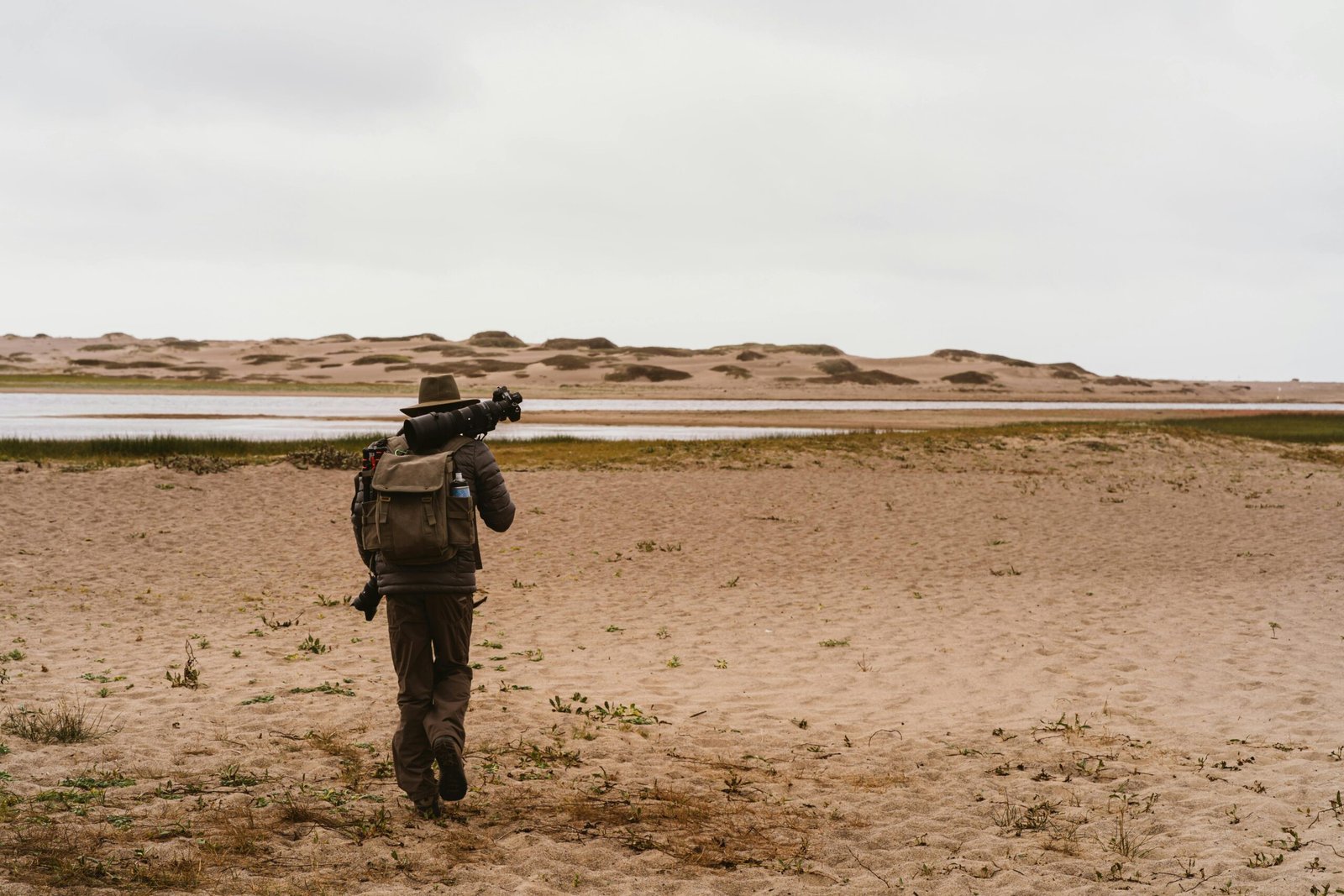
For those who love adventure, action cameras are a must. Here are the top choices.
GoPro HERO9 Black
Features
- 5K video recording
- HyperSmooth stabilization
- Waterproof
Performance
The GoPro HERO9 Black is the gold standard in action cameras, offering superior video quality and stabilization.
DJI Osmo Action
Features
- 4K HDR video
- RockSteady stabilization
- Dual screens
Performance
The DJI Osmo Action is a strong competitor to GoPro, providing excellent stabilization and a unique front-facing screen.
Sony RX0 II
Features
- 1-inch sensor
- 4K video recording
- Waterproof and rugged
Performance
The Sony RX0 II stands out with its larger sensor and robust build, ideal for high-quality footage in extreme conditions.
Top Smartphone Cameras Compared
Smartphones have become capable cameras in their own right. Here are the top models.
iPhone 13 Pro
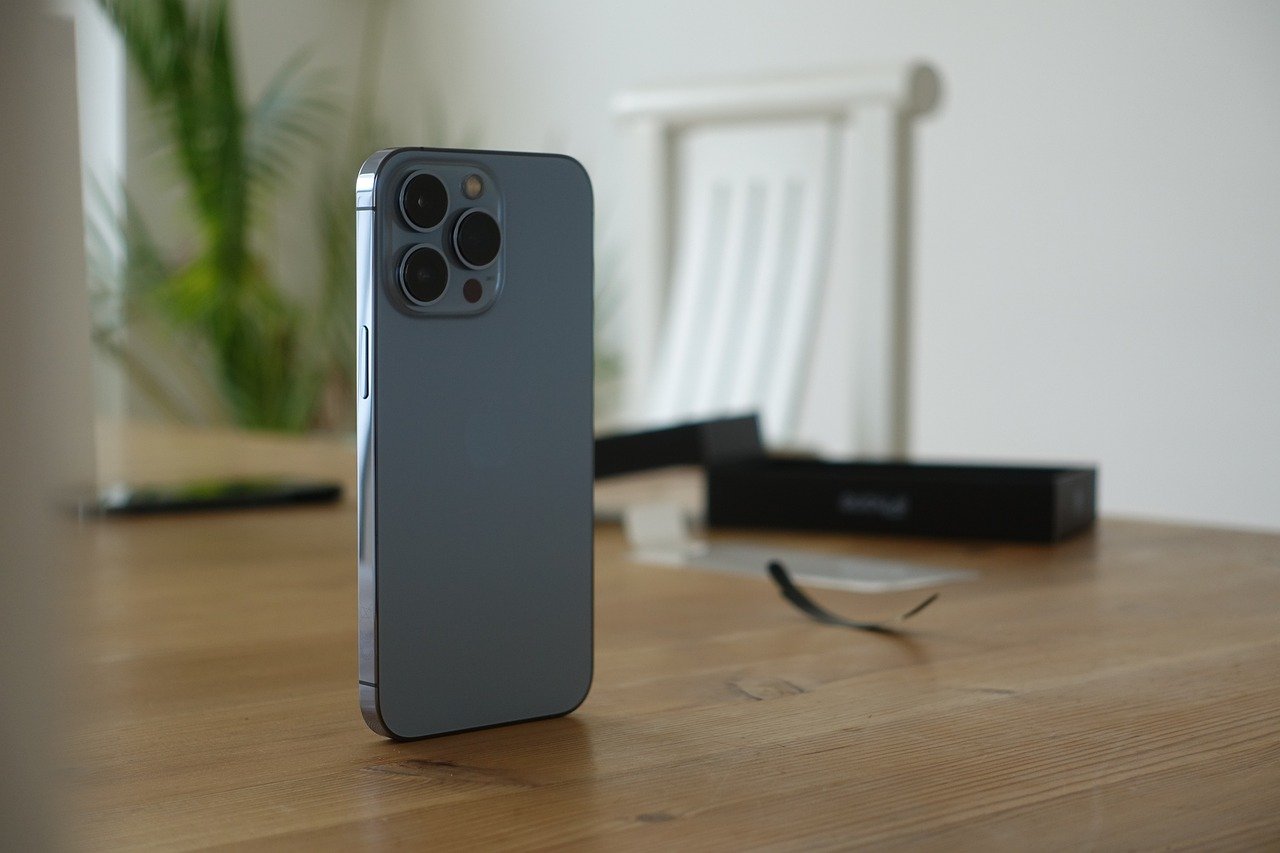
Features
- Triple 12 MP camera system
- ProRAW and ProRes video
- Night mode
Performance
The iPhone 13 Pro offers exceptional image quality and advanced features, making it one of the best smartphone cameras available.
Samsung Galaxy S21 Ultra
Features
- Quad camera setup
- 108 MP main sensor
- 8K video recording
Performance
The Samsung Galaxy S21 Ultra excels with its high-resolution sensor and versatile camera system, perfect for any shooting scenario.
Google Pixel 6 Pro
![]()
Features
- 50 MP main sensor
- Computational photography
- 4K video recording
Performance
The Google Pixel 6 Pro is known for its outstanding software-driven photography, producing stunning images with ease.
Conclusion
Choosing the right camera depends on your specific needs and preferences. Whether you’re a professional photographer, an adventure enthusiast, or someone who loves capturing moments on the go, there’s a camera out there for you. By considering the key features and comparing the top models, you can make an informed decision and find the perfect camera to suit your needs.
FAQs
What is the best camera for beginners?
For beginners, the Canon EOS Rebel T7i is an excellent choice. It offers user-friendly features and high-quality images at an affordable price.
Which camera is best for professional photography?
For professional photography, the Nikon D850 stands out with its high resolution, dynamic range, and robust build.
Are mirrorless cameras better than DSLRs?
Mirrorless cameras offer several advantages, such as being lighter and having faster autofocus. However, DSLRs still excel in battery life and lens options.
What should I look for in a camera?
Key features to consider include image quality, lens options, portability, battery life, and price range. Your specific needs will determine which features are most important.
How often should I upgrade my camera?
Upgrading your camera depends on your usage and technological advancements. Generally, upgrading every 3-5 years ensures you benefit from the latest features and improvements.

